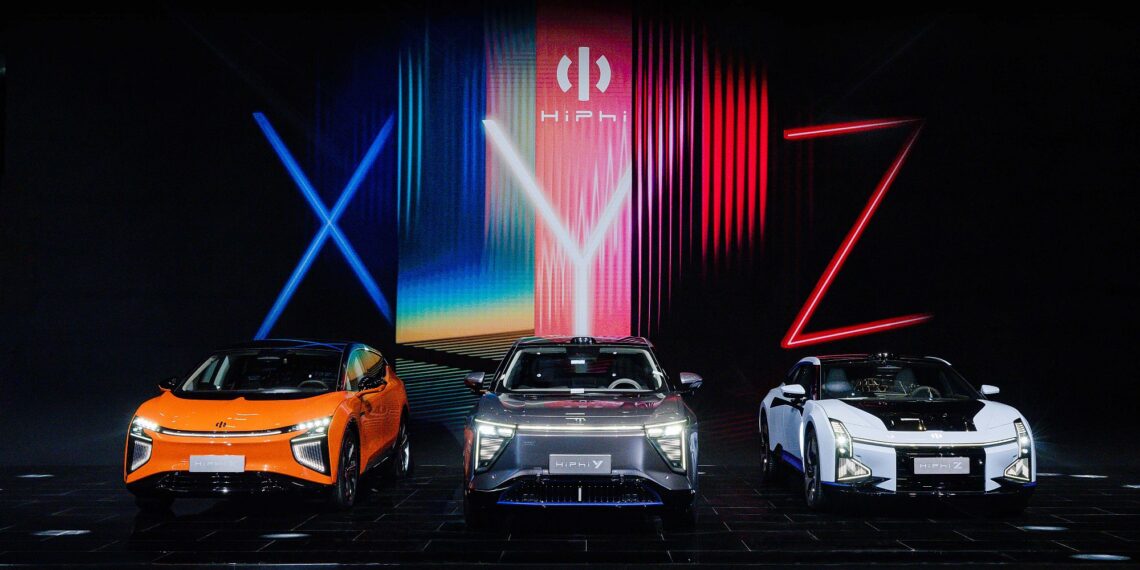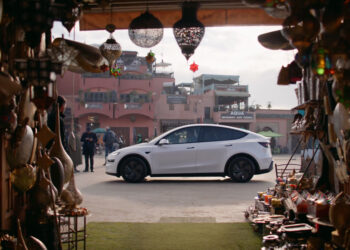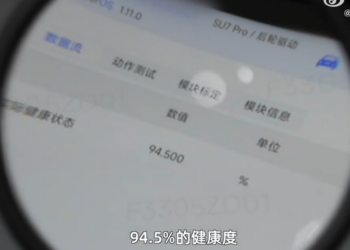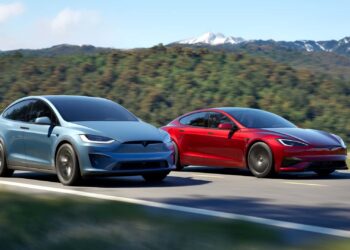For years, the Chinese government has supported its automotive industry financially and logistically (by lowering transportation costs and providing land for factory construction, for example). But now, considering that the sector is already sufficiently developed and can continue to expand autonomously, both domestically and internationally, for the first time in over a decade, vehicles powered by “new energies” are excluded from the country’s economic priority list. A substantial reduction in support and incentives for local manufacturers of such models (including plug-in hybrids) is therefore expected, despite various reports in recent months of difficulties faced by some local manufacturers due to issues with overproduction and price wars that have harmed profitability.
“China is already dominant in electric vehicles and battery technology, so it doesn’t make sense to continue prioritizing this sector,” explains Dan Wang, director of the Eurasia Group for issues related to the Asian country, as quoted by Reuters. “This does not mean that the government will force cuts in production capacity, but the market will decide which manufacturers survive,” she added.
According to various industry analysts, this shift will make Chinese manufacturers much more dependent on the innovation capacity of the vehicles they produce and the quality of the products they offer in the market. It is also expected that this decision will lead to a slowdown in expansion plans in other markets undertaken by various manufacturers, especially in Europe, with the end of the “guarantee” of government support.










